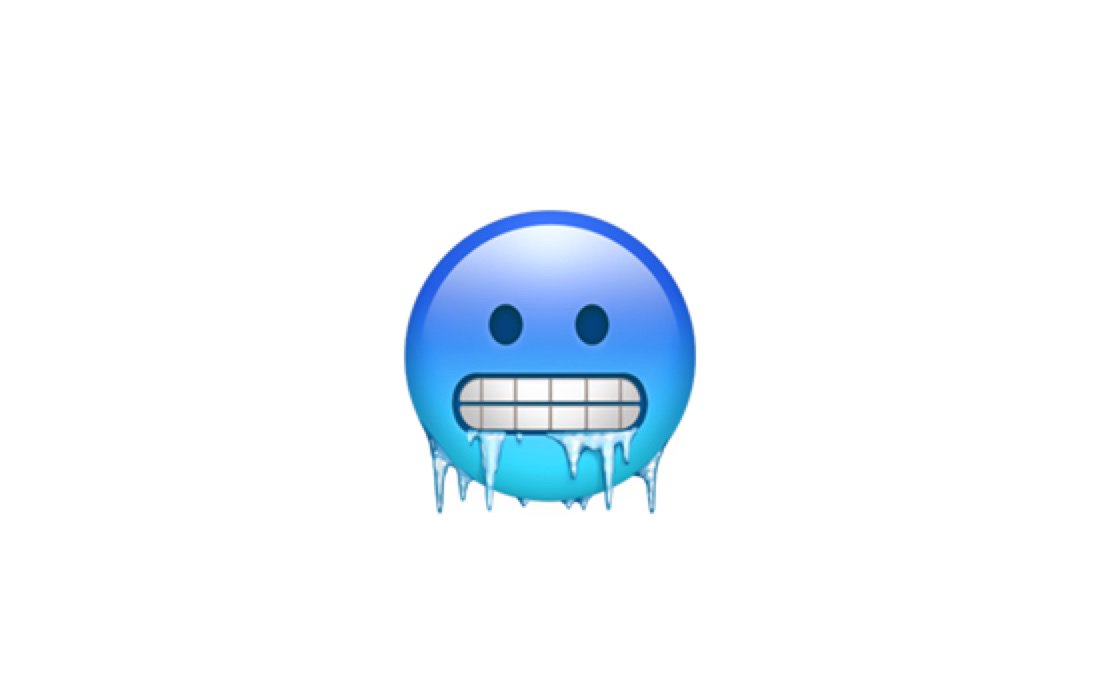International Relations scholars/analysts can and do use each of the following angles, though not all are strictly speaking taking an "International Relations angle".
Let's explore the angles.


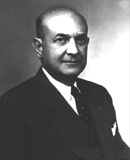

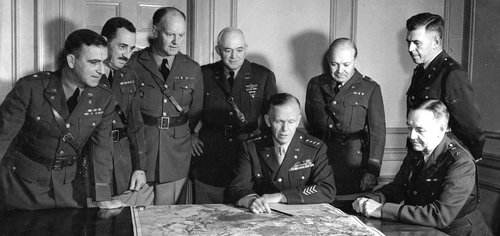
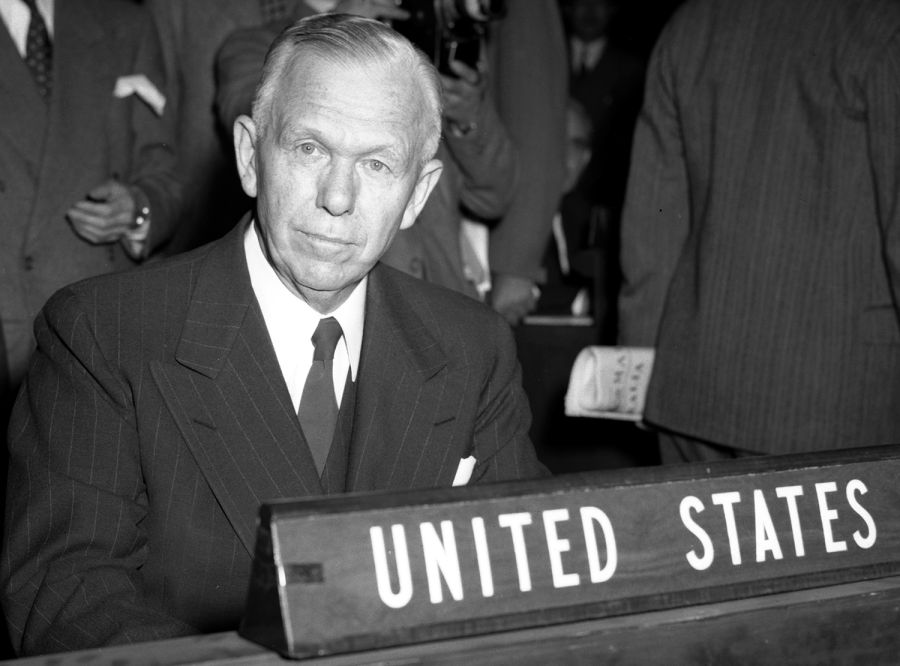
Let me try this again\u2026 What would it look like if this were a coup (failed, in progress, or otherwise)? 1/n
— Kristen Harkness (@HarknessKristen) January 7, 2021
Democracies do not go to war with each other. There are a lot of empirical data to support that theory. I summarize that literature here. https://t.co/SQLk9J9rZ8 https://t.co/tLlSyisEIU
— Michael McFaul (@McFaul) December 12, 2020


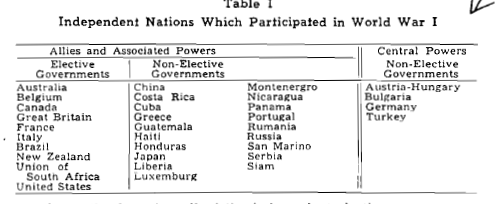

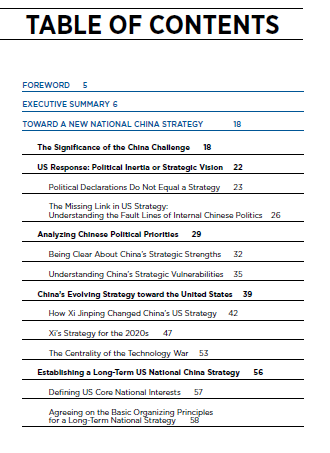


Rush offered @realDonaldTrump his show. The rush card.
— JaLove (@LovesTheLight) October 2, 2020
Def0n1
520=ET
The Spahttps://t.co/XIGd3LJOhs pic.twitter.com/ERYeLO7FEd

Still thinking Rush is Doc Holiday.https://t.co/yiWsT53AJV pic.twitter.com/4DwowTHeUQ
— JaLove (@LovesTheLight) April 23, 2020
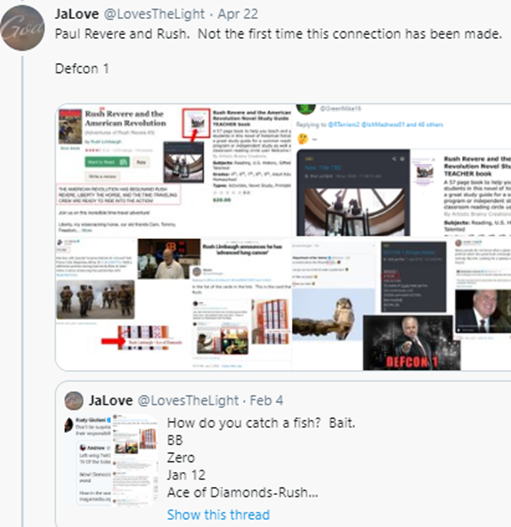
FLYROTHSFLY
— JaLove (@LovesTheLight) October 8, 2020
1:27
Post301
301=31 mirror 13
13families pic.twitter.com/usDptBEErU
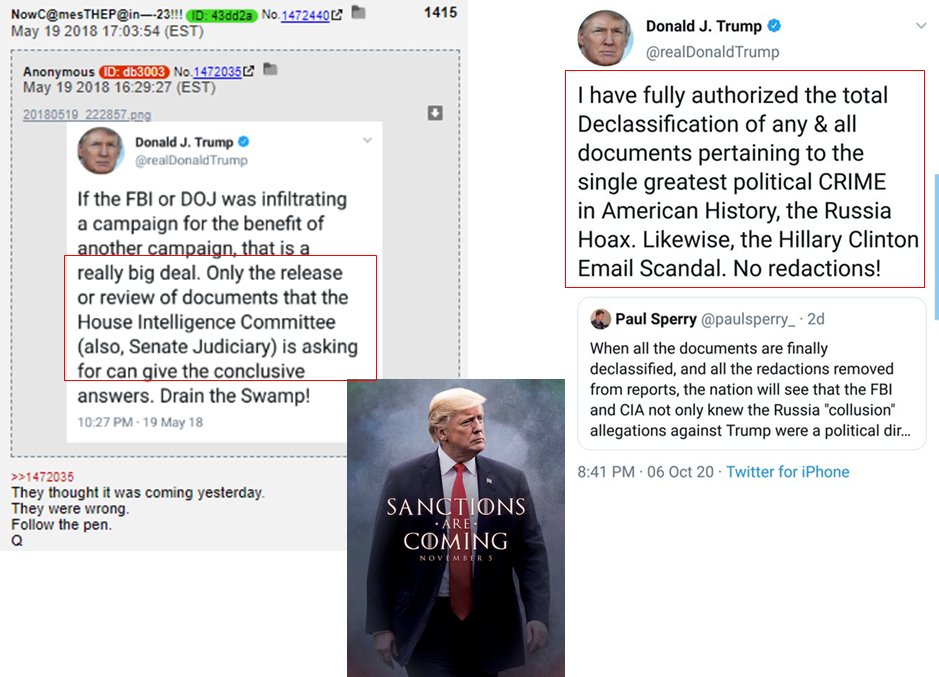
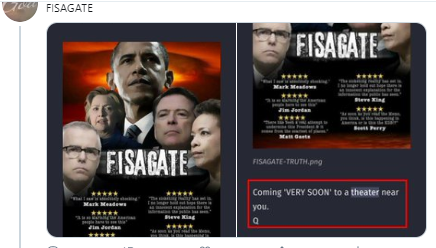
In Theaters Now!
— JaLove (@LovesTheLight) October 8, 2020
I'm Speaking
PANIC IN DC pic.twitter.com/4n7OasXBDN



